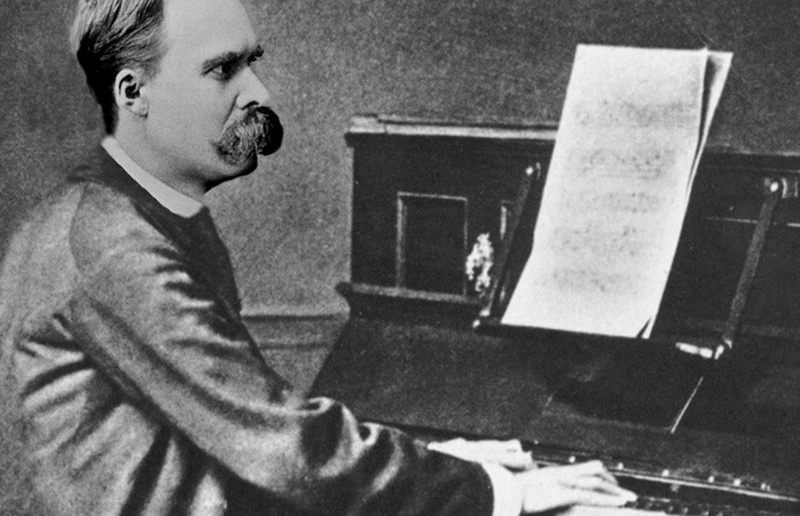Nietzsche and the sublime purposeless of music
I have always been troubled in some ill-defined way by articles that assert the benefits of music in some tangible way. For example, kids with music training do better at math. (I don’t if that’s true or not; but you get the style of what I’m talking about.) The unwritten inference is something like this: “No one but a fool or the spectacularly talented would regard music as an economically-valid life path; but math might be. So have your kids play music so they will make good grades and get into an Ivy League school."
A recent article1 in the New York Times frames the sorts of passionate play to which music belongs in the framework of human development that Nietzsche describes allegorically in Also Sprach Zarathustra. There Nietzsche describes three phases through which the mind must pass, culminating in the form of an innocent playing child - the “holy yea” (Heilige Ja-sagens auf Deutsch). If you know a bit of Strauss and Kubrick, you will see that line of thought.
The writer also channels another favorite, Bertrand Russell who said that:
“the modern man thinks that everything ought to be done for the sake of something else, and never for its own sake”2
This captures exactly how I feel about music. Why worry about what it does for test scores and Ivy admissions?
After taking the reader on a tour of Western philosophers' take on play and life’s purpose, the author concludes:
“When we see an activity like music as merely a ‘key to success,’ we shortchange it and ourselves. Playing a musical instrument is both the pursuit of fulfillment and the very thing itself (the actualizing of potential). Playing, or even listening, in this case, is a kind of unique, embodied contemplation that can feed both the mind and the body."
“When we truly engage in such ‘impractical’ leisure activities — with our physical and mental selves — we do so for the pleasure they bring us and others, for the inherent good that arises from that engagement, and nothing else. That’s the ‘holy yea.'"
